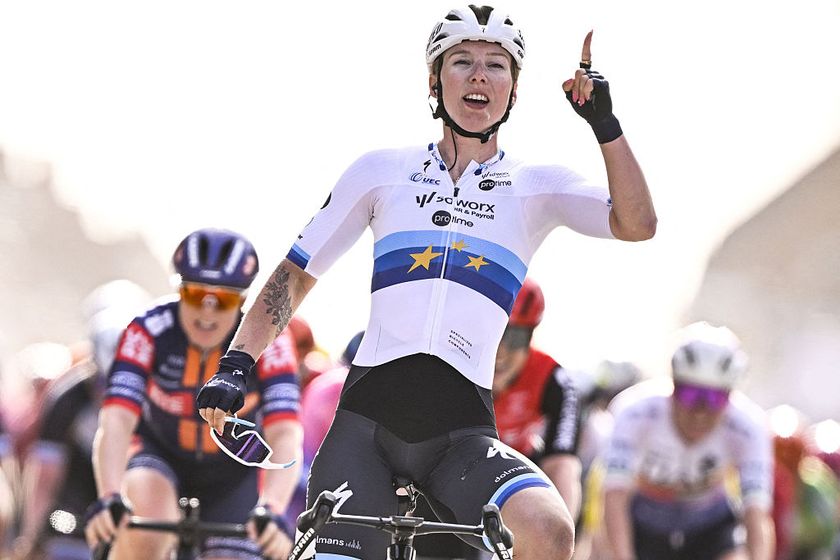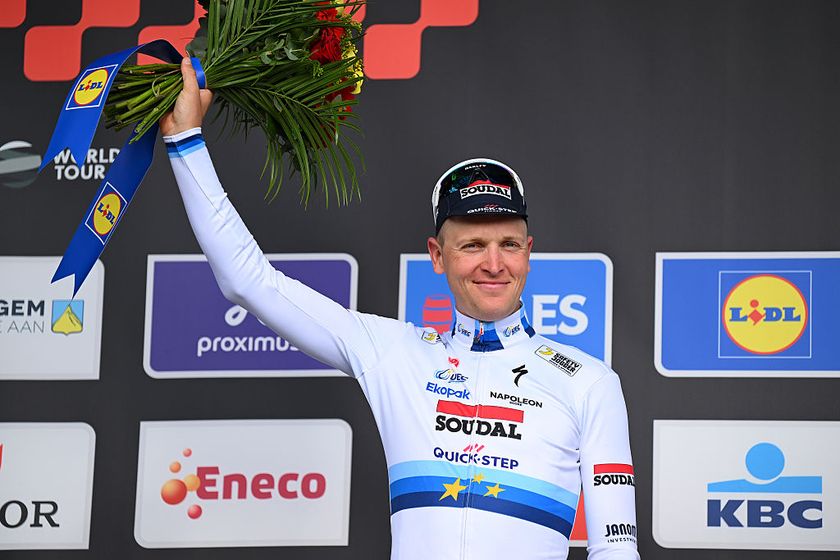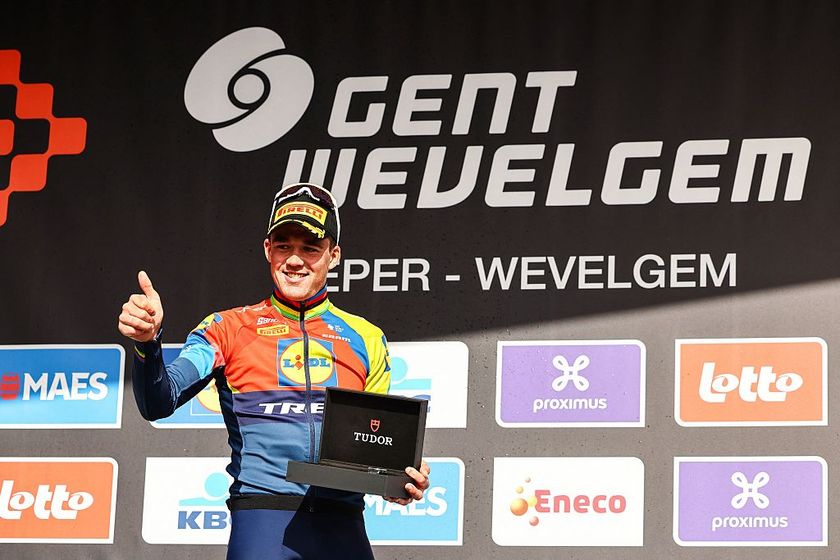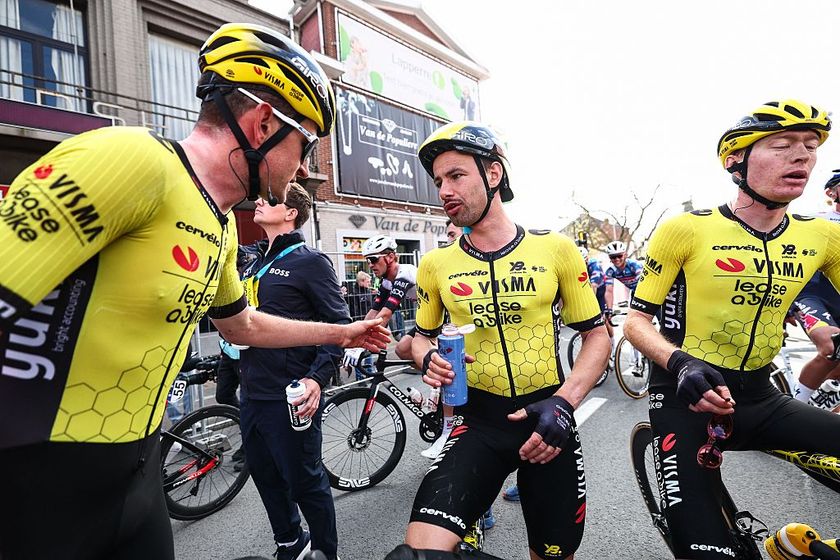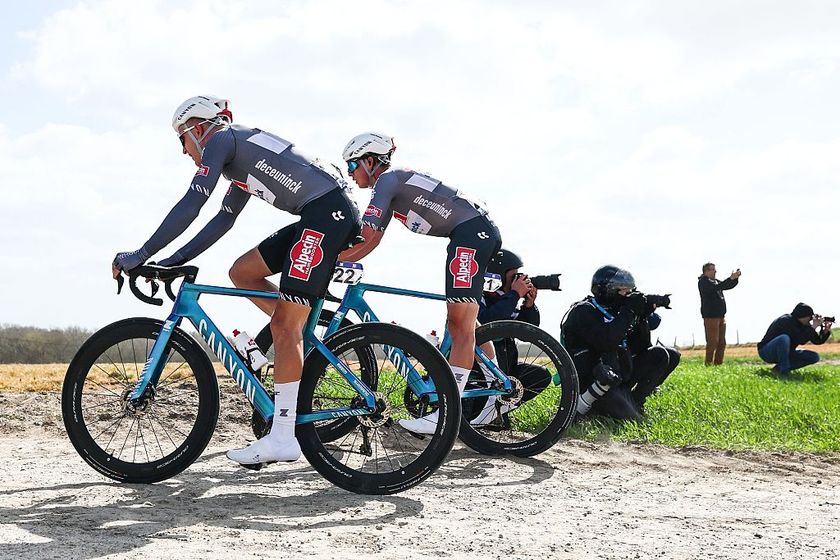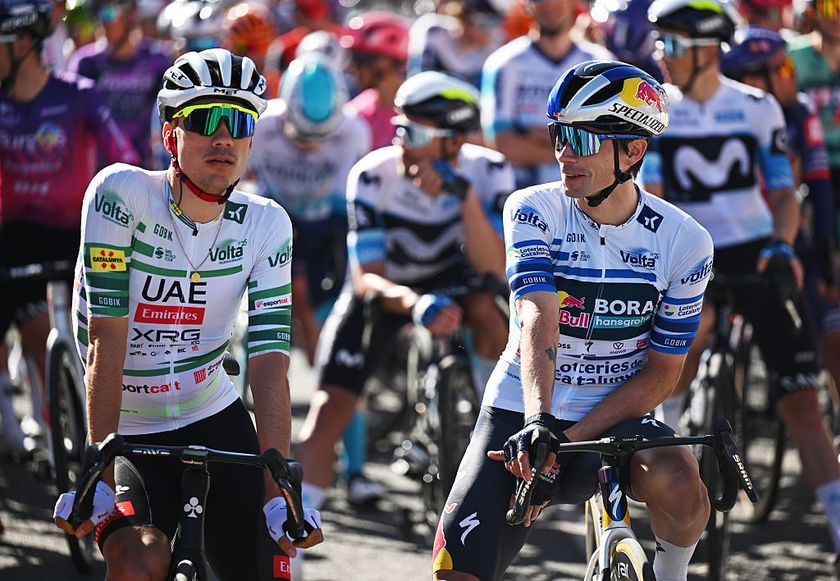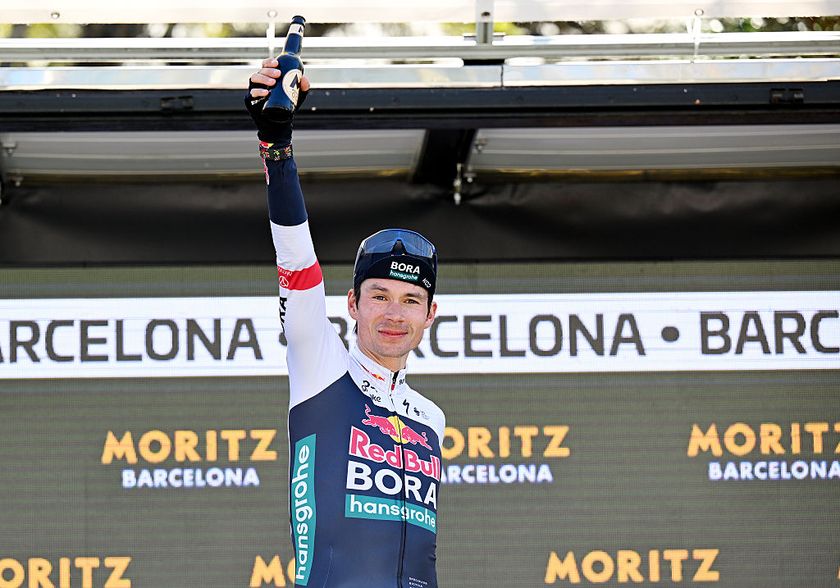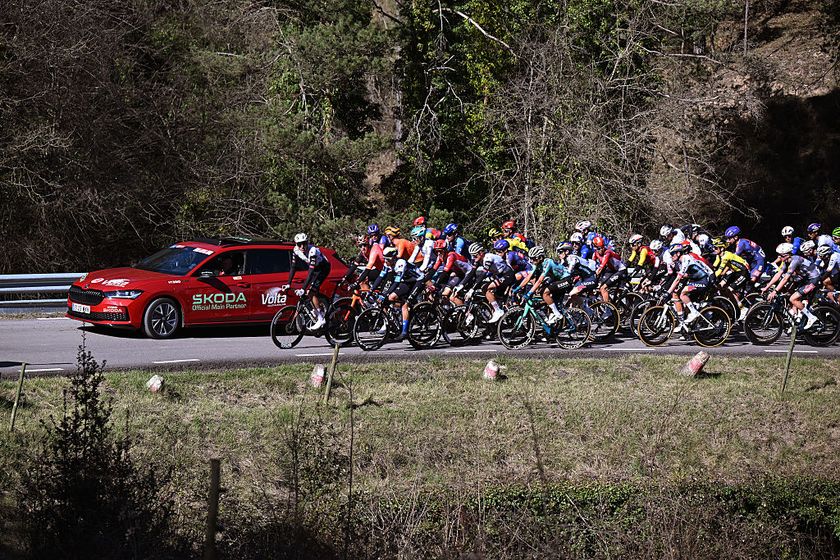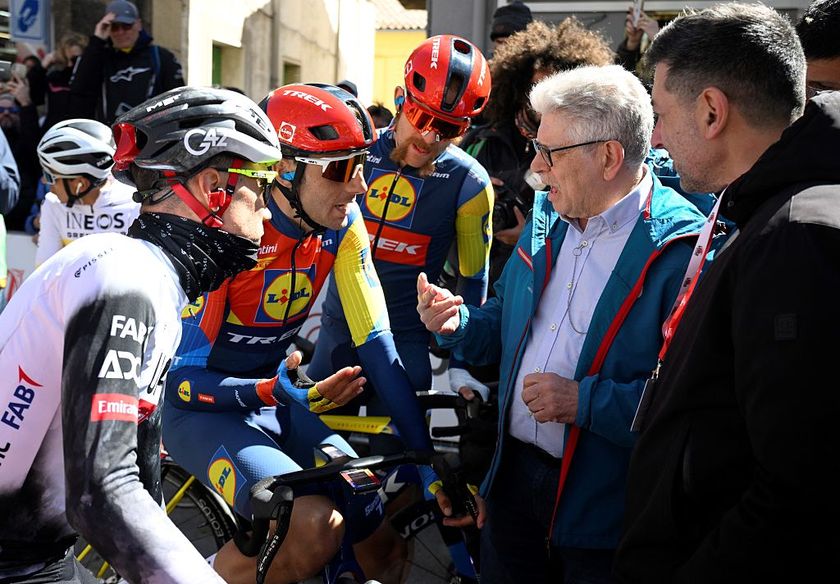WADA president disappointed by Sutton's TUE comments
Reedie: "The inference is that the system can be used and that’s the worrying thing"





Sir Craig Reedie, the president of the World Anti-Doping Agency (WADA) has described Shane Sutton's comments about using the Therapeutic Use Exemption (TUE) system to give riders an edge as "worrying".
Team Sky has long touted its successful marginal gains philosophy, accumulating small edges to try to beat their rivals and win the Tour de France. But after UK Anti-Doping decided not to level any rule violations in its investigation of the team, its former star-rider Bradley Wiggins and the delivery of a medical package from British Cycling, Sutton said he regarded TUE as a legitimate way of finding "marginal gains" while staying within anti-doping rules.
"If you've got an athlete that's 95% ready and that little 5% niggle or injury that's troubling them, if you can get the TUE to get them to 100%, of course you would in them days," Sutton says in a BBC documentary that will air on Sunday.
"The business you're in is to give you the edge on your opponent and ultimately it's about killing them off but you definitely don't cross the line and that's something we've never done."
Bradley Wiggins was given the powerful corticosteroid triamcinolone after obtaining a TUE from the UCI, before the 2011 and 2012 Tours de France and the 2013 Giro d'Italia. Until the TUE applications were leaked by hackers after the Olympic Games in Rio, Wiggins and Team Sky never revealed the use of the drug.
Wiggins insists he used it to treat serious pollen allergies during Grand Tours and that it was a legitimate medical need. However, triamcinolone is widely known to improve performance.
When asked if "finding the gains might mean getting the TUE", Sutton repeated the question, before adding: "Yes, because the rules allow you to do that."
Get The Leadout Newsletter
The latest race content, interviews, features, reviews and expert buying guides, direct to your inbox!
Sutton's comments have sparked debates about the grey area between the rules of sport and the ethics of using sports medicine.
The BBC documentary is called Cycling's Superheroes; The Price of Success. It tells the story of the project which led to British riders delivering 38 medals in three Olympic Games, and providing four of the past five winners of the Tour de France. The hour-long documentary also examines the cost of that unprecedented glory.
The president of WADA described Sutton's statement as disappointing.
"My reaction to this quote from Shane Sutton has to be that I am extremely disappointed at this statement because the TUE system recognises accurate and responsible medical evidence," Reedie said, according to the Times.
"It's designed to help athletes who have illnesses and conditions to be able to take, under proper medical advice, substances which are on the prohibited list to take part in sport.
"The inference is that the system can be used and that's the worrying thing if someone is seeking to do that."
Above board?
Team Sky manager Dave Brailsford, who was also interviewed for the BBC programme, claimed the process had been above board.
"If an athlete is hampered by an illness and there is a medication they can have and the TUE criteria are met, then they should [have it]. If WADA and the UCI signed this off and it was all absolutely clear and above board then I was comfortable with that," he said.
David Millar, who doped during his own professional career with triamcinolone, but who has since taken a strong stance against doping in cycling, was critical of Team Sky's previous use of the TUE system.
"They were gaming the system. I think that's quite obvious. I think we all know that. It's just hugely disappointing," he reportedly told the BBC.
"Team Sky were zero tolerance, so you would think that zero tolerance would mean you weren't going to tread into that very grey area which is cortisone use. When I heard that, a little bit of me died to be honest."
